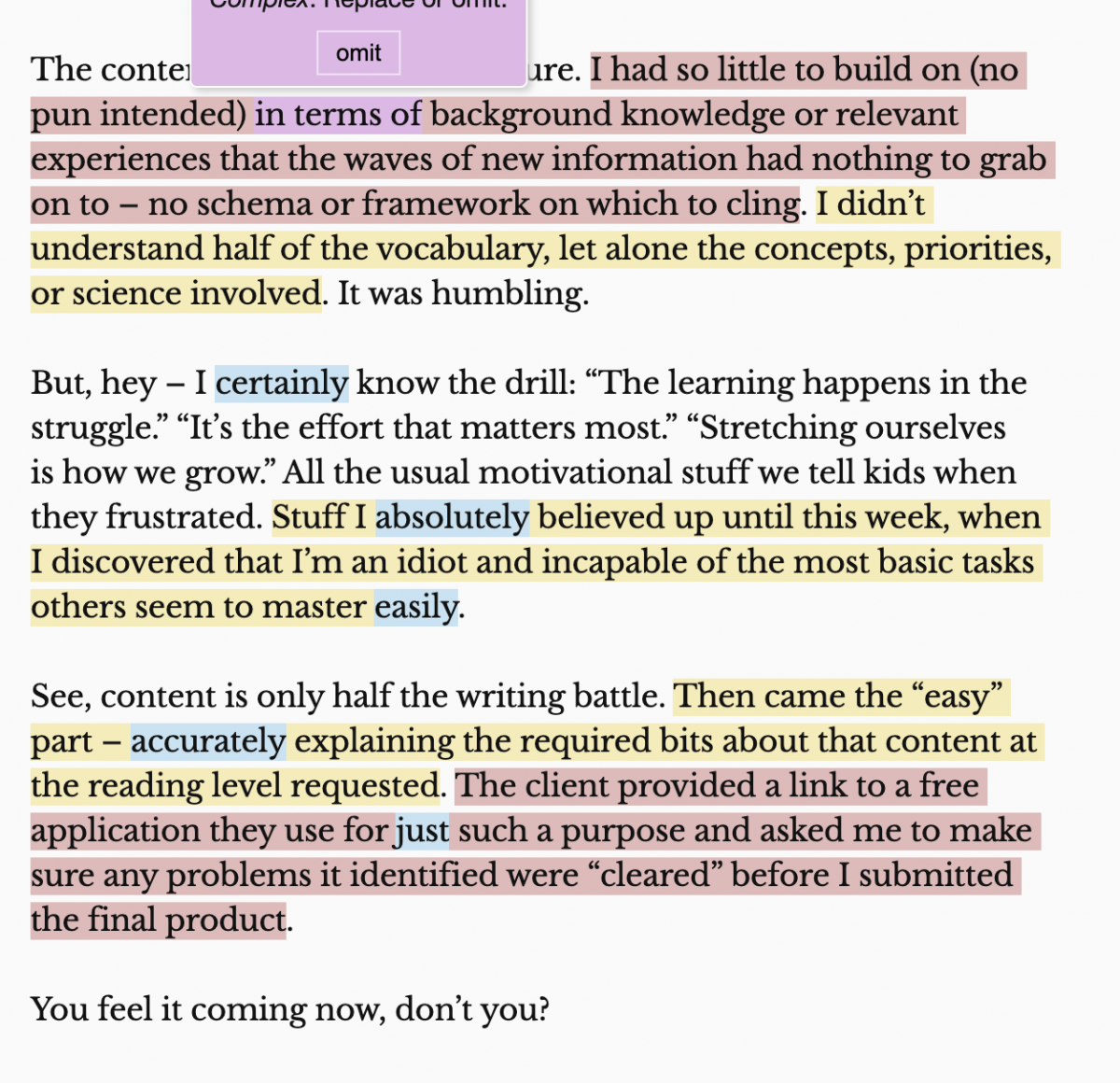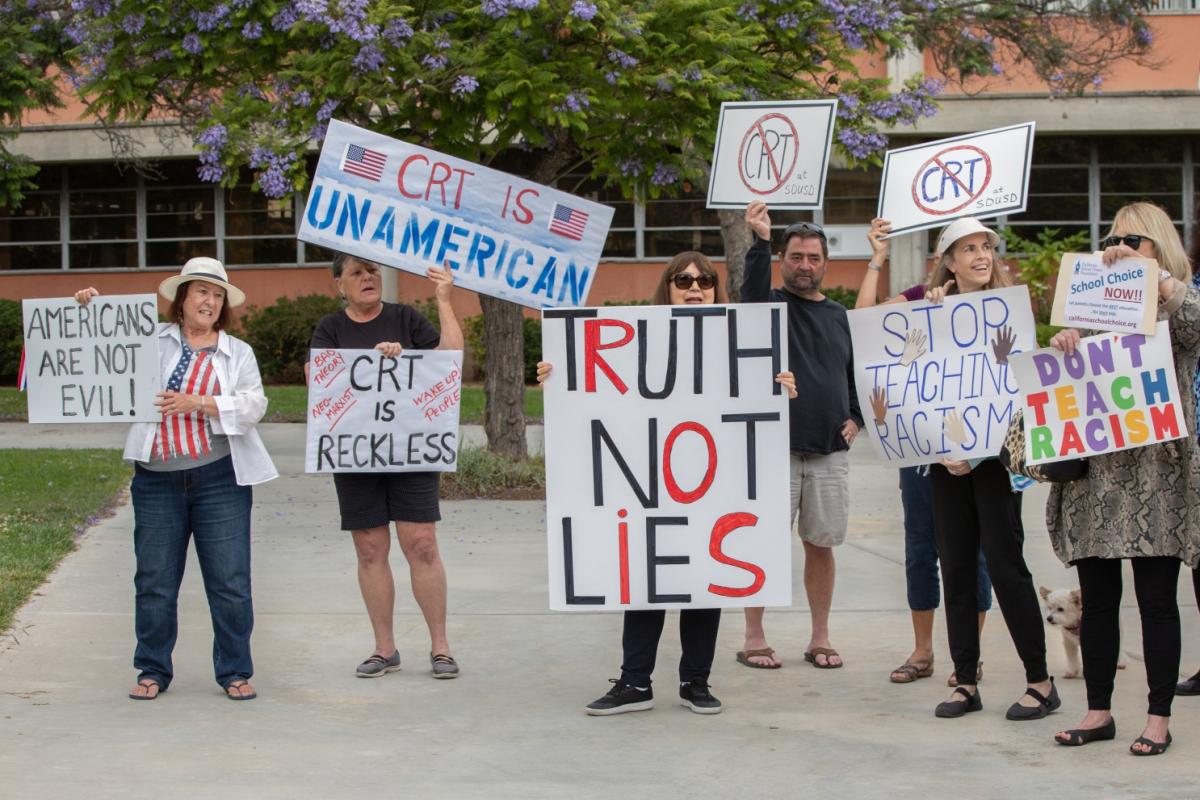 Like many people, I’ve been trying my hand at freelancing here and there for extra income over the past few years. In my case, it’s nothing glorious – just writing (or rewriting) web content explaining the benefits of regular eye exams, how a reverse mortgage works, or where Eddie Murphy’s net worth ranks him compared to other actors or comics. (He’s doing better than Mike Myers or Denzel Washington but not as well as Rowan Atkinson or Robert Downey, Jr.)
Like many people, I’ve been trying my hand at freelancing here and there for extra income over the past few years. In my case, it’s nothing glorious – just writing (or rewriting) web content explaining the benefits of regular eye exams, how a reverse mortgage works, or where Eddie Murphy’s net worth ranks him compared to other actors or comics. (He’s doing better than Mike Myers or Denzel Washington but not as well as Rowan Atkinson or Robert Downey, Jr.)
I share this because of an experience I had this week that I found illuminating, if not entirely surprising.
The service I work through is set up so that once you’ve established a track record of relative success, you have the opportunity to move up the freelancing food chain a bit. I was contacted by company wanting me to compose some informational pieces involving building materials and design choices for retail spaces. The trick was that it had to be researched and then accurately presented at about a sixth grade reading level.
I knew that the content would prove a challenge, at least at first (I know little to nothing about construction), but I wasn’t particularly concerned about the complexity of the writing. Many of my kids read at a similar level and I modify stuff for them all the time.
I was wrong.
 The content was difficult, to be sure. I had so little to build on (no pun intended) in terms of background knowledge or relevant experiences that the waves of new information had nothing to grab on to – no schema or framework on which to cling. I didn’t understand half of the vocabulary, let alone the concepts, priorities, or science involved. It was humbling.
The content was difficult, to be sure. I had so little to build on (no pun intended) in terms of background knowledge or relevant experiences that the waves of new information had nothing to grab on to – no schema or framework on which to cling. I didn’t understand half of the vocabulary, let alone the concepts, priorities, or science involved. It was humbling.
But, hey – I know the drill: “The learning happens in the struggle.” “It’s the effort that matters most.” “Stretching ourselves is how we grow.” All the usual motivational stuff we tell kids when they frustrated. Stuff I absolutely believed up until this week, when I discovered that I’m an idiot and incapable of the most basic tasks others seem to master easily.
See, the content is only half the writing battle. Then came the “easy” part – explaining the required bits about that content at the reading level requested. The client provided a link to a free application they use for just such a purpose and asked me to make sure any problems it identified were “cleared” before I submitted the final product.
You feel it coming now, don’t you?
 I did my first draft in Microsoft Word like I always do. It’s silly, but I have specific fonts and margins that feel right to me and help me think more clearly. My preferred approach is to just get it all down on paper (well, virtual paper) then go back and clean it up afterward. I’m usually well over maximum word count with my first drafts, but I’ve accepted this as my own personal style – which is a nice way to say it’s a glaring flaw I’ve simply learned to work through each and every time.
I did my first draft in Microsoft Word like I always do. It’s silly, but I have specific fonts and margins that feel right to me and help me think more clearly. My preferred approach is to just get it all down on paper (well, virtual paper) then go back and clean it up afterward. I’m usually well over maximum word count with my first drafts, but I’ve accepted this as my own personal style – which is a nice way to say it’s a glaring flaw I’ve simply learned to work through each and every time.
After doing some revising, I copied the entire thing into the app.
It looked like Jackson Pollock did the highlighting, there were so many problems marked. My sentences were at best too complex, and at worst incomprehensible babble. I used big words where small ones would do and semi-colons where decent, God-fearing Americans would have put periods. The app particularly hated my transitions or anything reeking of comparisons, contrasts, or examples. Worst of all, I’d used adverbs – the Devil’s diction and a form of speech best relegated to corporate-cloned pop songs and Stephanie Meyer novels.
After regaining my composure, I began editing. And rewriting. And cutting. And reworking. And… and…
Let’s skip ahead a bit. Emotionally, it was easily another sixty or seventy hours of grueling mental and emotional labor. According to my wife and her attachment to traditional, linear time, it was about forty-five minutes. The page no longer looked like the Apocalypse had come to grade my efforts, but neither was it anywhere near clear of problems – at least according to the app.
I closed the lid and walked away. I said some ugly, unprofessional things about the app, the company who’d hired me, the general reading level of the average American, and may have unfairly slandered Ernest Hemingway and Raymond Carter somewhere along the way. I wanted to throw things, which, granted, seems a bit disproportional in retrospect, and for a moment thought I might actually break into tears.
 Please understand, my Eleven Faithful Followers – this story isn’t about the app. It’s not about whether or not the writing was as bad as it looked or the reading level of the target audience for this particular company. I’m a grown-up (well, most of the time). I was hired to do a job a certain way and if I can’t do it the way they want, I don’t deserve to get paid. My opinions about rhetorical choices are irrelevant in this situation.
Please understand, my Eleven Faithful Followers – this story isn’t about the app. It’s not about whether or not the writing was as bad as it looked or the reading level of the target audience for this particular company. I’m a grown-up (well, most of the time). I was hired to do a job a certain way and if I can’t do it the way they want, I don’t deserve to get paid. My opinions about rhetorical choices are irrelevant in this situation.
What I’d like to focus on, however, is that experience. Sure, clearly there were some other things going on for me to have melted down like that over some algorithmic highlighting. But it was nevertheless in that moment absolutely crippling. I couldn’t process what it was wanting me to do differently. I no longer even believed it was possible to meet the requirements of the assignment. In that moment, I was swept up in emotions and irrational lines of thinking absolutely familiar to any educator.
Clearly, this assignment was ridiculous. Impossible. The person asking this of me is either delusional or cruel.
These requirements are absurd. Undoable. No one can satisfy this program. Or, if they can, they’re just as stupid and useless as the app and the assignment.
You know the last one. It’s the one all the others do their best to obscure.
I’m too stupid to figure this out. I don’t know why I’m even trying. Clearly other people can do this – just not me.
 Like many of you, I’ve learned over the years to let it out without doing anything too destructive and then come back and deal with whatever set me off. That’s the advantage of age and a little wisdom. It’s not about avoiding every possible failure; it’s about how we recover and respond, yada yada growth mindset, mutter mumble faster smarter wiser, blah blah blah cue Captain Marvel soundtrack.
Like many of you, I’ve learned over the years to let it out without doing anything too destructive and then come back and deal with whatever set me off. That’s the advantage of age and a little wisdom. It’s not about avoiding every possible failure; it’s about how we recover and respond, yada yada growth mindset, mutter mumble faster smarter wiser, blah blah blah cue Captain Marvel soundtrack.
It’s an advantage of perspective which many of our students do not yet have. And that’s why I’m sharing my moment of crash-n-burn with you here.
People outside of education try to distill everything we do into false dichotomies in order to simplify their outrage. We either teach that America is GREAT or that it’s HORRIBLE. We either teach FACTS or we INDOCTRINATE kids with our personal ideologies. We either focus on ACADEMIC STANDARDS or we coddle students and give them a diploma merely for sharing their FEELINGS.
In reality, of course, it’s al more complicated than that – especially that last bit. Standards matter, but so do student emotions and perceptions. Besides, it’s not a question of choosing one over the other; they’re interwound. Students generally learn better when they feel secure and confident. Sure, some need to be humbled and shaken a bit if they’re going to rid themselves of complacency and entitlement and become their best selves. Others need wraparound services and a reliable source of protein if they’re going to have any chance of passing their state algebra exams.
The app didn’t much care about my feelings (obviously) or the state of mind I was in as my efforts continued to fall short. I confess that it did eventually force me to admit that I have a certain way I like to do things and that I have difficulty adjusting to what others require. In other words, it pushed me to “learn” something about my writing and myself. With enough revision and a better attitude I finally got the piece pretty close to what was asked of me.
At the same time, even if we assume the standards being applied were flawless, the inflexibility quickly pushed me past challenged and into chaffed. Not that many years ago I would have walked away from it altogether. In high school I’d have never kept at it long enough to snap. Once I realized how overwhelming the expectations were, I’d have done something else instead.
 At the risk of sounding preachy about something I’m certain we all already know, let’s remember this coming year to be intentional and aware when it comes to standards and expectations and how we convey them. Don’t sacrifice your belief that students can and should do better just because it’s been a weird couple of years. Academics matter. Progress matters. Sometimes pushing them is for their own good. Sometimes they need to fail (short-term) to grow.
At the risk of sounding preachy about something I’m certain we all already know, let’s remember this coming year to be intentional and aware when it comes to standards and expectations and how we convey them. Don’t sacrifice your belief that students can and should do better just because it’s been a weird couple of years. Academics matter. Progress matters. Sometimes pushing them is for their own good. Sometimes they need to fail (short-term) to grow.
At the same time, many of us expect classroom dynamics and personal volatility to be particularly challenging this year – for them, for us, for everyone. Remember to recognize effort and growth and progress. Ask yourself when it’s best for the student to keep pushing and when you serve them best by celebrating improvement and calling it a win. You’re not an app, even if you felt like one for a good part of last year. Fight the faux crisis of “learning loss” or whatever else they throw at you this year and remember how good you sometimes are with live, in-person students.
Eyes open. Mind clear. You got this. And you can use all the adverbs you want.
RELATED POST: Keeping, Culling, and Forgetting
RELATED POST: The Importance of Being Delusional
RELATED POST: Teacher Evaluations (Hammers & Nails)

 Teacher retention is a… challenge – ‘challenge’ here meaning ‘nightmare-of-impossibility-dear-god-what-are-we-going-to-do?!?’
Teacher retention is a… challenge – ‘challenge’ here meaning ‘nightmare-of-impossibility-dear-god-what-are-we-going-to-do?!?’
